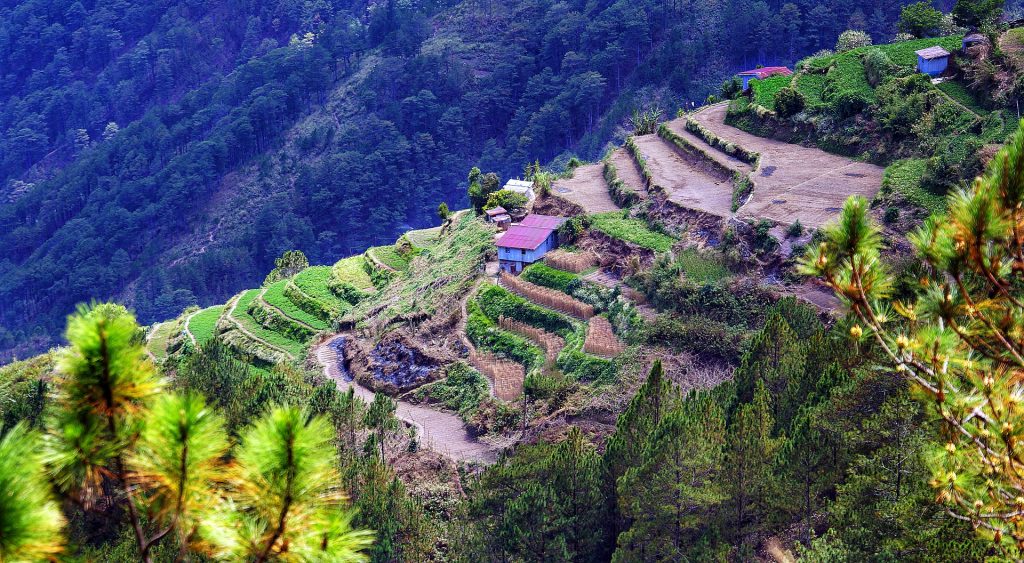Since the World Trade Organization adopted the Agreement on Trade-Related Aspects of Intellectual Property Rights (TRIPS) in 1995, member states have been obliged to protect new plant varieties through patent law, an effective sui-generis system or a combination of the two. The best-known sui-generis system is the Convention of the International Union for the Protection of New Varieties of Plants (UPOV). Since its establishment by some European countries, more and more states have joined the UPOV community, including many countries from the Global South. Nevertheless, this agreement was repeatedly criticized for overemphasizing the rights of breeders while neglecting the rights of farmers.
India’s sui-generis system
Due to the insistence of civil society, the Indian government ultimately decided not to join to the UPOV Convention but to develop its own sui-generis system. Therefore, the Indian Protection of Plant Varieties and Farmers’ Rights Act (PPVFRA) was adopted in 2001. According to the title, the law combines plant breeders’ rights and farmers’ rights. This makes it possible to satisfy different interest groups and makes Indian plant variety protection unique in the world.
Different impacts of the systems
However – only shortly after the adoption of the PPVFRA – the Indian government started considering accession to the UPOV convention. Hence a master’s thesis, realised with supervision of the RightSeeds Project, examined the different effects of the UPOV convention and the PPVFRA on the seed sovereignty (as part of the food sovereignty) of Indian farmers.
The thesis concludes that the UPOV convention interferes with all four dimensions of seed sovereignty, while these are largely guarded under the PPVFRA. The four dimensions comprise:
- the right to retain and replant seeds;
- the right to share or exchange seed;
- the right to use seed for the breeding of new varieties;
- the right to participate in the development of a seed policy. (Kloppenburg 2014, p. 1234)
A restriction of farmers’ rights in India would have particularly serious consequences: Indian farmers change flexibly between the informal and the formal system and thus also between protected and unprotected varieties. Under UPOV, this interaction between the two systems would also result in restrictions in the informal seed supply system and thus further restrict farmers’ sovereignty over seeds. Since approximately 85% of all seeds in India are distributed through the informal system and often by poorer (small) farmers, these restrictions would also worsen the overall food situation.

Relevance for MASIPAG
These and similar processes in the legislation of other countries are of great interest for the farmers’ network MASIPAG in the Philippines. In their country, joining UPOV would mean a reduction in farmers’ already limited scope for action, too. As in India, the “informal seed system” plays an important role for small farmers in the Philippines. It is the basis of the work of our practice partner MASIPAG. Thanks to MASIPAG, the storage and exchange of seeds, rarely even breeding, is a common practice on the farms of its members once more. This practice ensures the independence and sovereignty of the farmers. The Philippines already have a strict Plant Variety Protection Act, which is mainly based on the UPOV regulations. An important exception, however, is that (small) farmers may also exchange and even sell seeds of protected varieties for use on their own land. It is therefore feared that UPOV accession could undermine this exception, which strengthens farmers’ rights vis-à-vis large breeders. As the formal and informal seed systems increasingly interlock, a new sui generis system (such as UPOV) in the Philippines could also have a strong impact on MASIPAG members in their work for variety diversity and food sovereignty.
Sources:
Kloppenburg, Jack (2008): Seed, Sovereignty, and the Via Campesina: Plants, Property, and the Promise of Open Source Biology 2008. Available online: https://dces.wisc.edu/wp-content/uploads/sites/128/2013/08/2008-Seeds-and-Sovereignty.pdf, last checked 22.02.2019.
Kloppenburg, Jack (2014): Re-purposing the master’s tools: the open source seed initiative and the struggle for seed sovereignty. In: The Journal of Peasant Studies 41 (6), S. 1225–1246. DOI: 10.1080/03066150.2013.875897.
Authors: Franziska Velt, Svenja Puls
